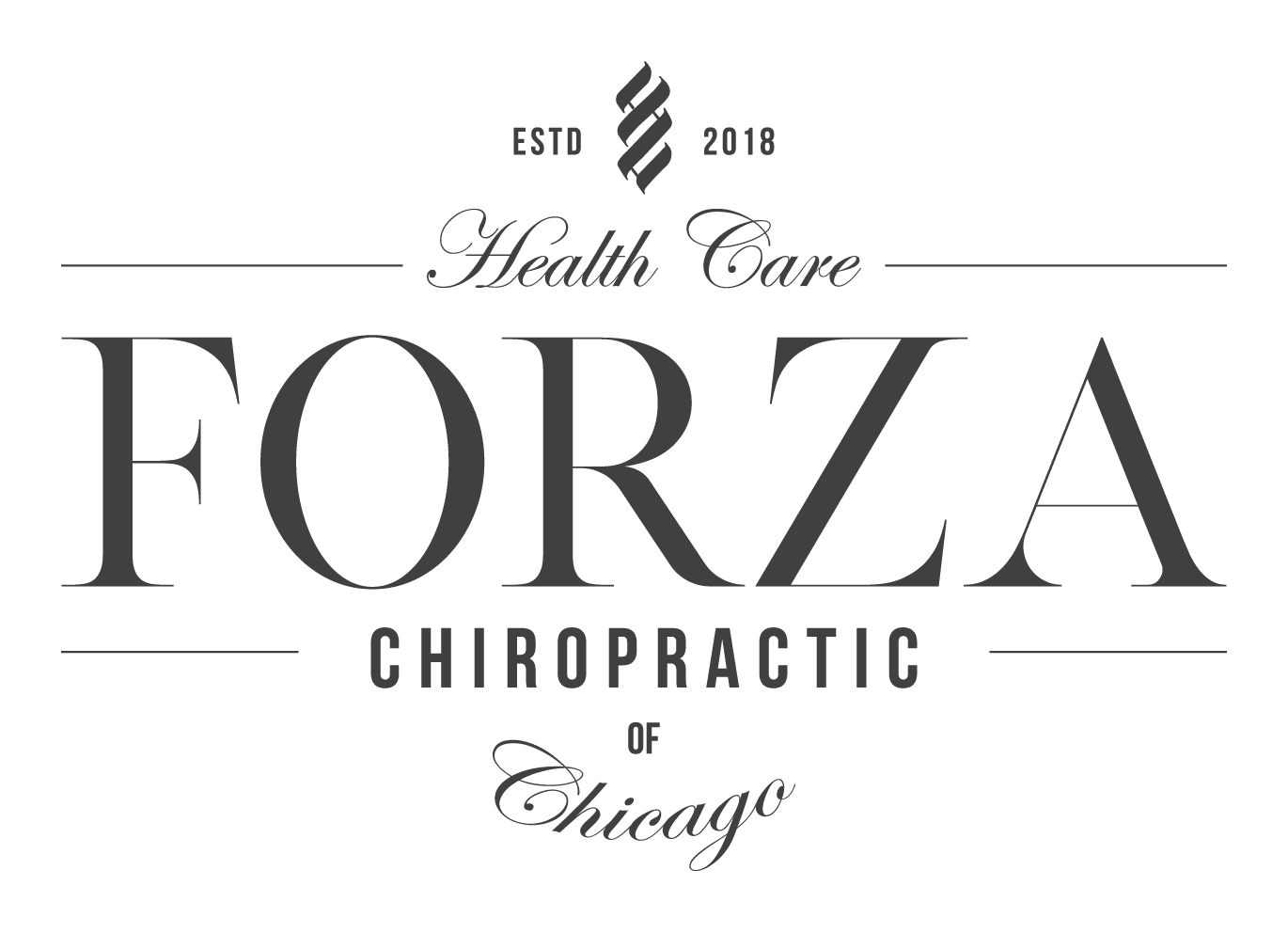Things That Make TMJ Worse and What You Can Do
By Dr. Drew Voelsch
Subscribe to Dr. Drew’s Updates!

Schedule with Dr. Drew
Temporomandibular joint disorder, more commonly known as TMJ, is a condition caused by problems with the jaw joint and surrounding muscles. It is a very common disorder, affecting an estimated 10 million Americans. Symptoms of TMJ can range from mild to severe, and can include pain or discomfort when chewing, difficulty opening and closing the mouth, popping or clicking noises when opening the mouth, and jaw pain or tenderness.
Avoid Chewing Gum
Chewing gum can put stress on the temporomandibular joint (TMJ) and aggravate existing symptoms of TMJ disorder. Chewing gum can be especially problematic for those with TMJ since it can increase the amount of pressure on the joint and cause inflammation. Additionally, gum can cause teeth grinding and clenching, which can further exacerbate TMJ symptoms. Avoiding gum, or limiting the amount of gum you chew, can help reduce the symptoms of TMJ disorder.
Avoid Eating Hard Foods
Hard foods, such as nuts, apples, and hard candy, can put strain on the jaw and aggravate TMJ symptoms. Eating hard foods can cause the muscles in the jaw to tense up, resulting in pain and discomfort. To reduce the symptoms of TMJ disorder, try to limit or avoid eating hard foods.
Do Jaw Stretches
Jaw stretches can help to reduce the symptoms of TMJ disorder by stretching and relaxing the jaw muscles. There are a variety of jaw stretches that can be done to help with TMJ symptoms. Examples of jaw stretches include opening and closing the jaw as wide as possible, pressing the tongue against the roof of the mouth while opening and closing the jaw, and gently massaging the jaw muscles.
See a Physical Therapist
If you are experiencing persistent or severe symptoms of TMJ disorder, it is important to consult a doctor or physical therapist. Physical therapists are specially trained to provide treatment for TMJ disorder and can provide a variety of treatments, such as ultrasound, joint mobilization, and soft tissue massage. A physical therapist can also provide guidance on how to properly stretch and exercise the jaw muscles to reduce the symptoms of TMJ disorder.
Avoid Resting on Your Chin
Resting your chin on your hand or a hard surface can put extra pressure on the jaw joint and can exacerbate the symptoms of TMJ disorder. Avoid resting on your chin as much as possible and make sure to take regular breaks from any activities that require you to keep your jaw in a fixed position for long periods of time.
Try to Stop Clenching Your Teeth
Clenching your teeth can put a lot of strain on the jaw joint and can lead to further discomfort and pain. If you find yourself clenching your teeth, try to be aware of it and consciously make an effort to relax your jaw muscles. Additionally, you can try to use stress-relieving techniques, such as deep breathing or mindfulness meditation, to help you manage your stress levels and reduce the likelihood of clenching your teeth.
Avoid Chewing Only on One Side
Chewing only on one side of the mouth can cause an imbalance in the jaw muscles, leading to TMJ pain. Try to consciously chew on both sides of the mouth to ensure that the muscles in the jaw are evenly stressed. Additionally, try to avoid hard and chewy foods that require more effort to chew and can aggravate the jaw joint.
Practice Good Posture
Having good posture can help to reduce the strain on the jaw joint and can help to alleviate TMJ pain. Make sure to sit up straight and avoid slouching or hunching your shoulders. Additionally, try to keep your head in a neutral position and avoid holding it in a forward or downward position for too long.
Conclusion
TMJ is a painful and debilitating condition that can be caused by a variety of factors, including genetics, trauma, poor posture, and stress. While there are many treatments available, it is important to be aware of the things that can make TMJ worse. These include grinding or clenching the teeth, chewing gum, eating tough foods, and engaging in activities that involve a lot of jaw movement, such as singing or playing a wind instrument.
Additionally, factors such as smoking, stress, and poor posture can all contribute to making TMJ worse, so it’s important to take steps to reduce or eliminate these from your lifestyle. Fortunately, with the right treatment, lifestyle changes, and relaxation techniques, it is possible to reduce the severity of your TMJ symptoms and improve your overall health.
If you are looking for TMJ or lockjaw treatment, come to Hawkeye Chiropractic. We are a full-service chiropractic center led by Dr. Drew Voelsch, ready to serve you!
“Dr Drew is upfront about what’s going on with your body. He helps work with you to achieve the goals that you as a patient want to set. I highly recommend him to those interested in chiropractic services.P.S Go Cyclones!”
Pronoy DasGupta
—

